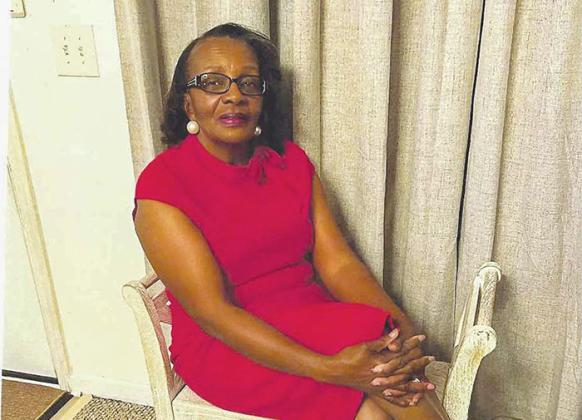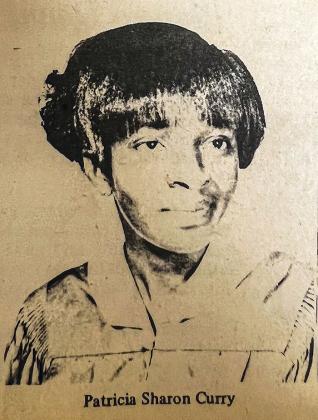One former migrant-worker-turned-educator took inspiration from her former educators and through her time as a paraprofessional to pursue her own teaching career.
“I always took that to heart that I had to achieve and do better in order to move from one situation to the next,” San Mateo resident Patricia Curry-Dorsey said.
Like her cousins and fellow educators, Sandra Gilyard and Regina Gilyard-Thomas, she spent the summers traveling with her family and working on farms along the East Coast. Curry-Dorsey, whose migrant work spanned from age 14 to adulthood, started going to Palatka South High School before integration became mandatory. She and her friends would have to walk a block to catch the bus to make it to school.
“It was not a fun year,” Curry-Dorsey said. “When I look at my transcript, that’s the year that a lot of my grades dropped.”
She remembers being called names, people spitting at her and the bus driver not acknowledging her as she boarded the bus to go to the new school. There were a few other Black students at Palatka South when Curry-Dorsey started but she was the only Black student in her classes.
“Because of some of those experiences, it has helped me to be the person that I am today. No bitterness, no animosity or anything like that,” Curry-Dorsey said. “I see things for what they are but I’m very strong in my faith, and I know God created everything. And God is the one that’s going to pull out justice.”
She graduated from Palatka South in 1971 and began working for the Putnam County School District as a special education paraprofessional in 1978.
She recalled starting night classes at Daytona State College while she was working and raising her children. Some of Curry-Dorsey’s Putnam County School District co-workers pushed her to follow her passion, she said, and she later received a two-year scholarship to attend the University of Central Florida.
“I showed up my first week. I cried every day because I had all these young people … right around my children’s age … and they (were) just bouncing all around and having fun there,” Curry-Dorsey said. “I’m this old woman sitting here, and there was this little courtyard. And I was sitting there just pondering, ‘What did you do? Are you going to be able to do this?’”
She realized she had to follow that path because she had resigned from her job and had three children depending on her.
In 1984, she graduated from UCF with a bachelor’s degree in education with a concentration in special education work.
Curry-Dorsey said her brother and cousin had taken special education, and she had one brother with a speech impediment.
“I wanted to understand what was going on,” she said.
Following her undergraduate studies, Curry-Dorsey worked as a special education teacher in Putnam schools from 1984 to 1996. During that time, she obtained a master’s degree in behavioral disorders from Nova Southeastern University.
In 1999, she received her doctorate degree in education with a special education concentration from Nova Southeastern University.
Following her time in Putnam County, Curry-Dorsey moved to Chicago, where she worked in special education until 2011. The longtime educator moved back to her hometown after deciding she no longer wanted to shovel snow after massive storms, she said.
Curry-Dorsey might be retired but she hasn’t stopped keeping busy.
She earned a master’s in applied biblical studies from the Moody Bible Institute in 2015 and a graduate certificate in pastoral counseling from Liberty University in 2018. In September 2020, Curry-Dorsey opened a home child care business in Putnam County. She said she not only works with the children, but mentors and ministers to single mothers, telling them life can be hard but it is about choices.
“I live with (the words), ‘Change can happen if there are enough people that want to change,’” Curry-Dorsey said. “It doesn’t matter what race you’re from, what religion and all of that. If you want change, then change can happen. But I think it starts one person at a time.”


